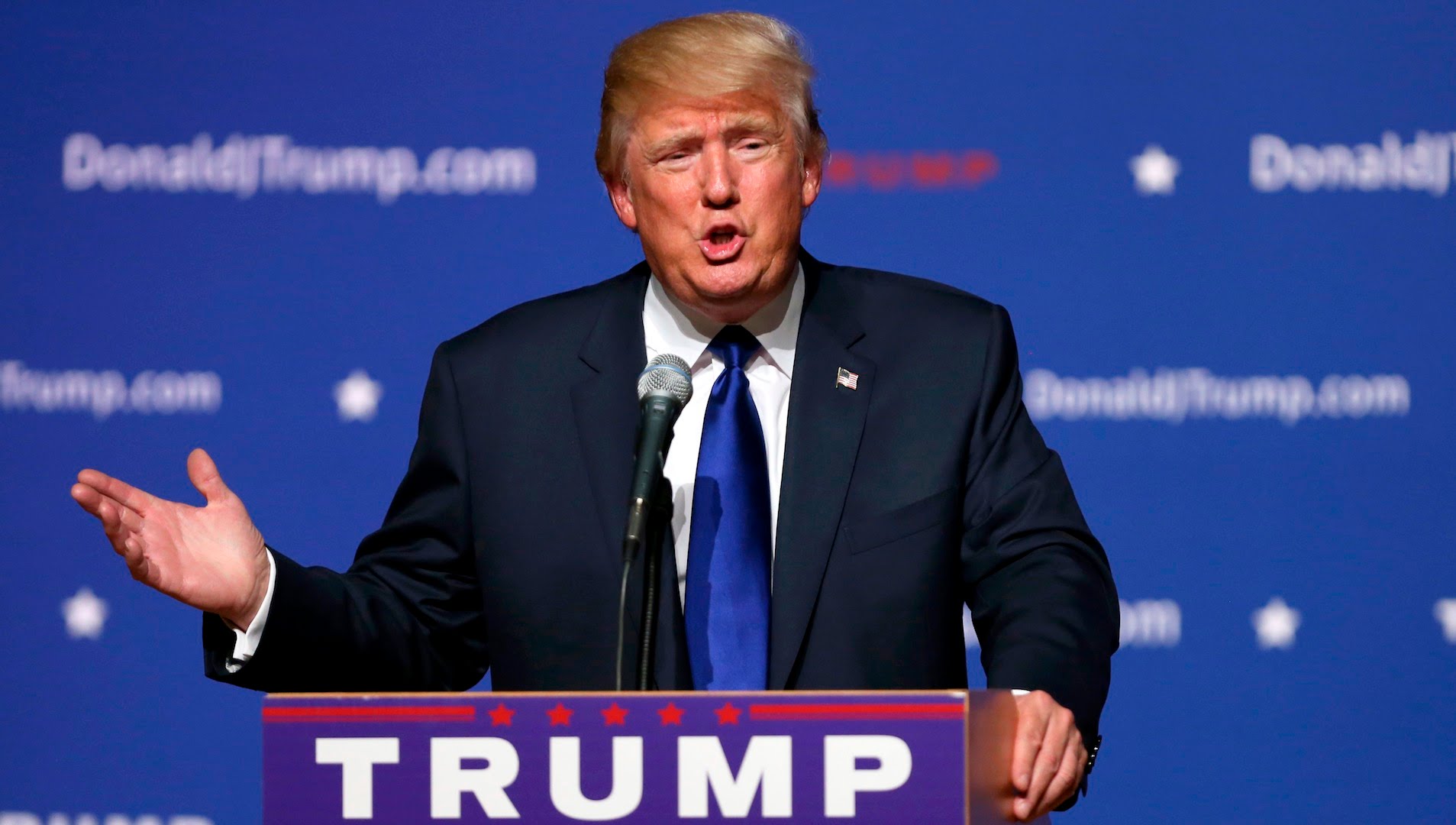Donald Trump has become the first Republican presidential candidate to top 30% support in the race for the Republican nomination, according to a new CNN/ORC Poll, which finds the businessman pulling well away from the rest of the GOP field.
Trump gained 8 points since August to land at 32% support, and has nearly tripled his support since just after he launched his campaign in June. The new poll finds former neurosurgeon Ben Carson rising 10 points to land in second place with 19%. Together, these two non-politicians now hold the support of a majority of Republicans and Republican-leaning independents, and separately, both are significantly ahead of all other competitors.
Former Florida Gov. Jeb Bush stands in third place with 9%, down 4 points since August, and Texas Sen. Ted Cruz holds fourth place with 7%. Former Arkansas Gov. Mike Huckabee and Wisconsin Gov. Scott Walker follow at 5%, with all other candidates at 3% or less, including Florida Sen. Marco Rubio, who notched the only other statistically significant shift in the poll by falling 5 points since August.
Trump’s gains come most notably among two groups that had proven challenging for him in the early stages of his campaign — women and those with college degrees. While he gained just 4 points among men in the last month (from 27% in August to 31% now), he’s up 13 points among women, rising from 20% in August to 33% now. Trump has also boosted his share of the vote among college graduates, increasing his support among those with degrees from 16% in August to 28% now. Among those without degrees, he stands at 33%, just slightly higher than the 28% support he had in August.
Trump has also catapulted ahead of the rest of the field among Republicans who back the tea party movement, from 27% support in August to 41% now. Among that group in the new poll, Carson follows with 21%, and Cruz, another candidate with an anti-Washington message, holds third with 11%. No other candidate tops 5% among tea partiers.
Carson’s gains, meanwhile, have come chiefly among core partisans — he’s up 13 points among Republicans and 11 points among conservatives — and he runs closest to Trump among white evangelicals (32% back Trump, 28% Carson), a key voting bloc within the Republican primary electorate.
Carson also has enthusiasm at his side. Republicans are more than twice as likely to say they would be enthusiastic with Carson at the top of the ticket than if Rubio, Cruz, Walker or Bush led the GOP into 2016, and while he and Trump are about even in enthusiasm (43% would be enthusiastic if Carson got the nod, 40% if Trump did), fewer say they would be disappointed if Carson emerged the victor (20% would be dissatisfied or upset if Carson won, 32% if Trump did).
Still, most Republican voters (51%) think Trump is most likely to emerge as the GOP winner, well ahead of the 19% who think Bush will top the party ticket and 11% who think Carson will. In a July poll, 14% of Republican voters said they thought Walker was most likely to wind up the winner, in the new poll, that figure stands at just 1%.
Support for the “outsider” contingent of Trump, Carson and to some extent businesswoman Carly Fiorina (who hasn’t built on her post-debate boomlet in this poll, she has just 3% support) rests more on their positions on the issues than their experience outside of Washington.
Among those backing one of those three candidates without experience in elective office, 75% say they back them because of their views on the issues, 16% because of their on-the-job experience and 7% because they dislike the other candidates. Among those backing candidates who have previously been elected to office, 34% say their experience is the main draw, 51% issue positions, and 14% say it’s due to dislike of the other candidates.







